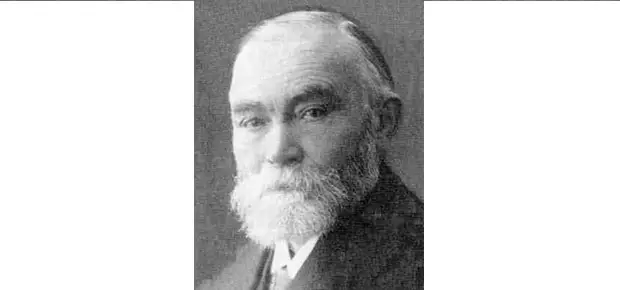
Gottlob Frege was a logician, philosopher and most importantly mathematician.He was born on 8th November, 1848 and died on 26th July, 1925. He wrote a lot on the philosophy of language and even mathematics.
Early Life
He was born in what is now known as a modern federal state in Germany, Mecklenburg-Vorpommern. Frege’s father co-founded a girl’s high school, he is still referred to as ‘Carl (Karl) Alexander Frege’. After the death of his father, the mother (Auguste Wilhelmine Sophie Frege) ran the school. Frege was educated in a gymnasium in Winsmar, he graduated in 1869, his teacher Gustav Adolf Leo Sachse is known to have influenced his scientific leanings and also encouraged him to pursue further studies at University of Jena. At the University he mainly took lectures on physics and mathematics, his teacher Ernst Karl Abbe (1840–1905) made numerous lectures which were based on theory of gravity galvanism and electrodynamics, applications of physics and other topics. Abbe later became one of Frege’s closest friends and maybe accredited for his latter progress in the field of mathematics.
Later on
Frege went on to continue studies in Gottingen and studied mathematics with continuous interest, eventually he wrote a dissertation which focused on “A Geometrical Representation of Imaginary Forms in a Plane” which tackled mathematical and geometric problems simultaneously.
Personal Details
In 1887, Frege married Margarete Katharina Sophia Anna Lieseberg. His students remember him as someone who spent much time on the chalkboard rather than interacting with the pupils, however it is said that he was slightly bitter and sarcastic during his lectures.
Educational Endeavours
‘Concept-Script: A Formal Language for Pure Thought Modeled on that of Arithmetic’ was a piece of work by Frege that highlighted the significance of logic and mathematics. He is known to be responsible for the invention of axiomatic predicate logic which helped resolve the problem of multiple generality. Frede spent a lot of time on logic and mathematics where he tried to ‘isolate genuinely logical principles of inference’ so that there was not much possibility of an appeal to ‘intuition’, however if there was an element of intuition then it was to be isolated and represented as an axiom in separate. He tried his best to suggest that arithmetic is very close to logic, in fact a branch of it, which is referred to as logicism.